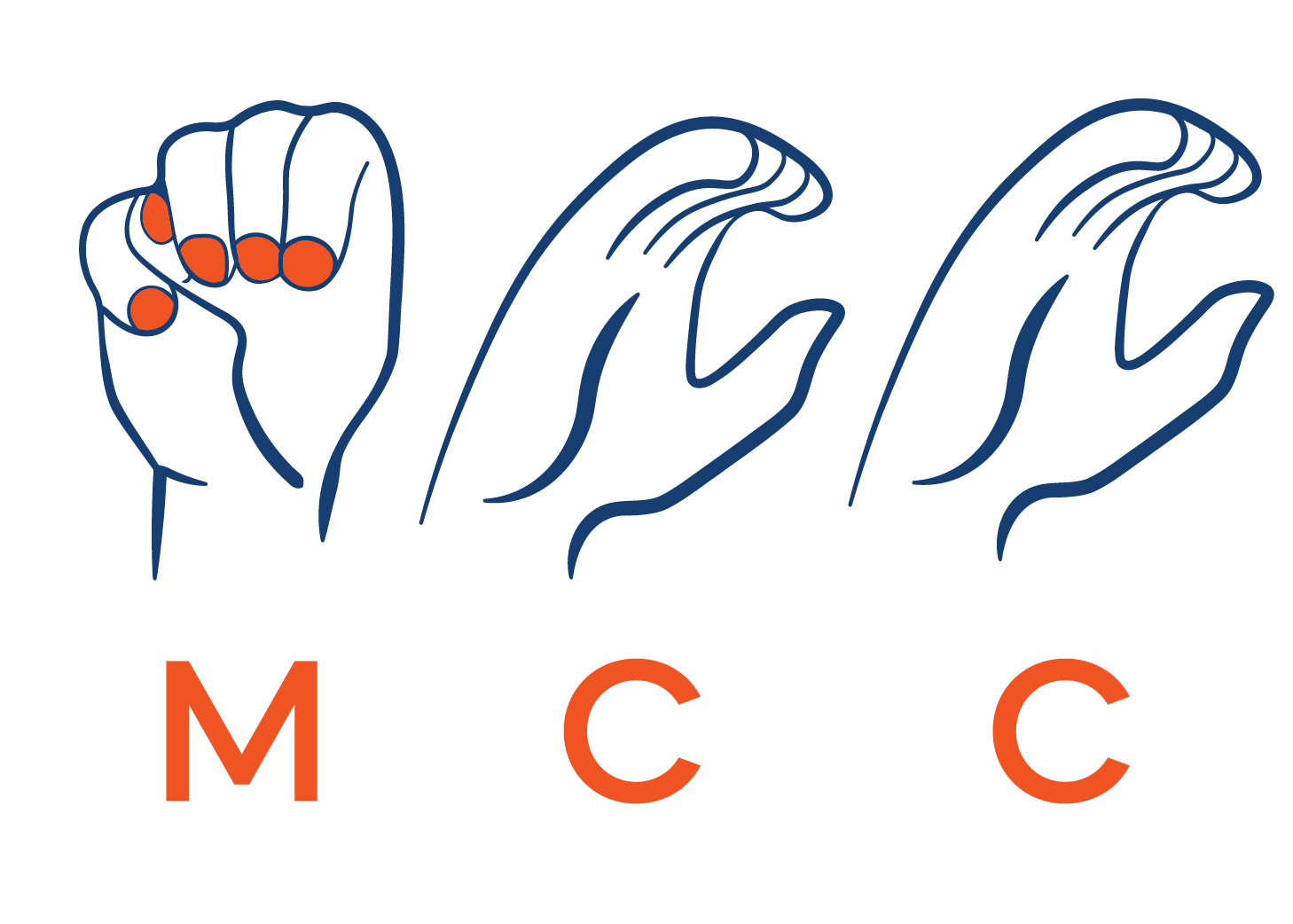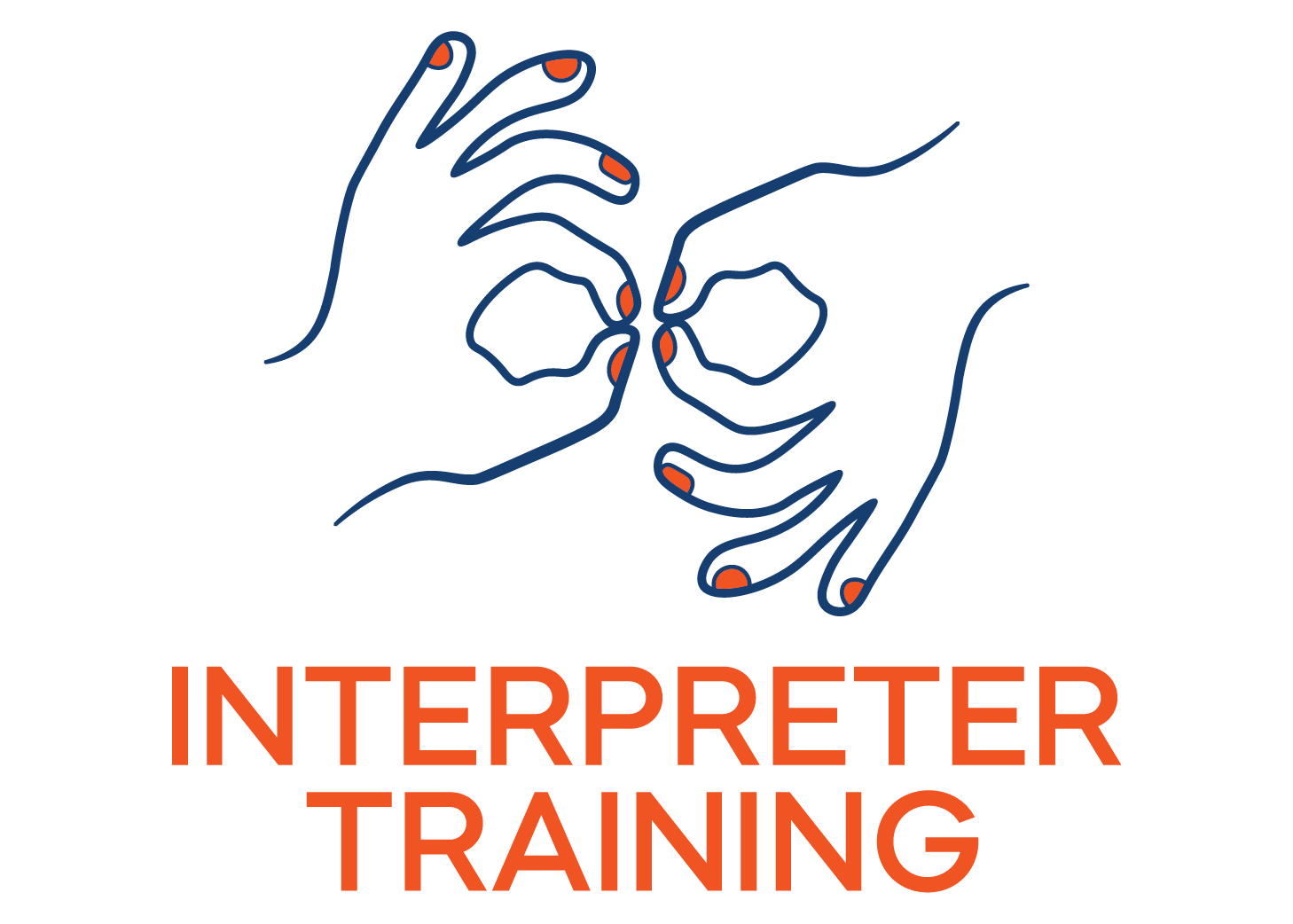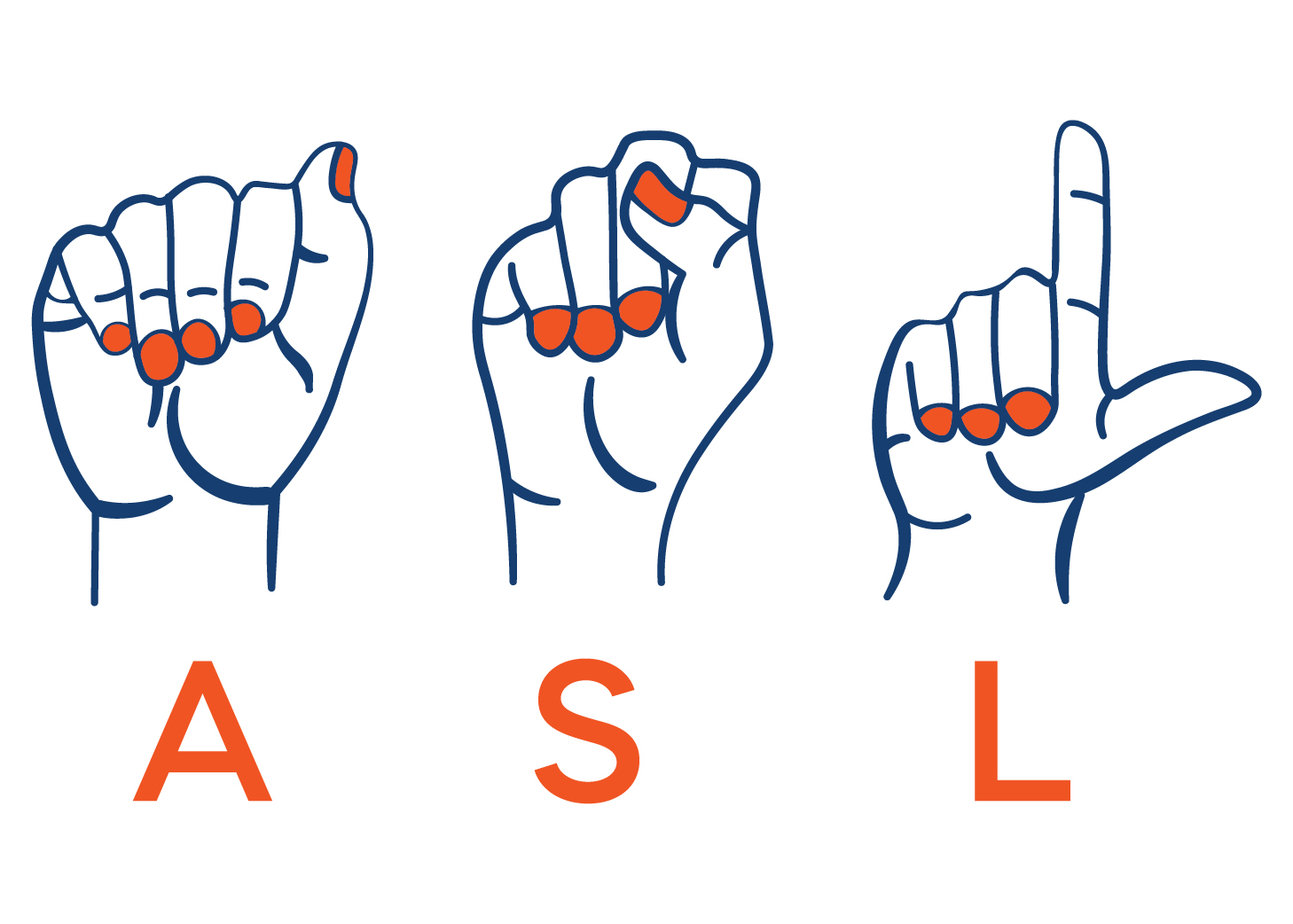Interpreter Training

The Interpreter Training program at McLennan Community College can help you reach your goals, whether you want to communicate with a friend or relative by studying Deafness and American Sign Language (ASL), or fulfill foreign language requirements for your degree by becoming a Professional ASL/English interpreter.
Program Overview
Interpreting is a challenging and rewarding profession, especially for those who enjoy learning foreign languages, understanding other cultures, and discovering how languages work and how people use languages. Interpreters play an important role in providing equal access for people who use different languages and need to interact.
Did you know?
McLennan is one of only 13 colleges in Texas that offers an Interpreter Training program. The program is designed to prepare students for certification in the field, as well as entry-level jobs in the interpreting profession. Professional interpreters are in high demand and can find careers in school classrooms, medical settings and even the CIA — just to name a few.

Associate of Applied Science Interpreter Training
-
The Interpreter Training Associate of Applied Science program prepares students for careers as ASL interpreters, equipping them with essential skills to facilitate communication between Deaf and hearing individuals. This comprehensive education encompasses ASL fluency, interpreting techniques, Deaf culture understanding, and exposure to diverse interpreting contexts. Graduates are proficient in interpreting for various settings, including education, medical, social services, and business, both in face-to-face and video remote interactions. Support for student success is ingrained through dedicated labs, tutoring, extensive fieldwork, mentorship, student clubs, and a robust and supportive deaf community.
- Degree Description

Studies in Deafness Certificate of Completion Training
-
The Certificate in Studies in Deafness program provides comprehensive instruction in sign language basics and Deaf culture, complemented by transferable ASL classes satisfying foreign language requirements. Additionally, communication skills classes cater to those with Deaf or hard of hearing family or friends, enhancing their understanding. Within the Deaf Support Specialist program, individuals are trained as paraprofessionals, focusing on workplace support and advocacy in both community and educational settings. Although the program introduces interpreting skills, the primary emphasis lies on fostering expertise in advocacy, job coaching, and mentoring for Deaf and hard-of-hearing individuals, promoting their independence and inclusion.
- Certification Description
Mission
McLennan's Interpreter Training program trains, prepares and encourages students to become lifelong learners and to be professional, ethical, linguistic and culturally competent interpreters. The department prepares students by teaching foundational language, interpreting skills and ethical behavior along with the critical-thinking skills required of professional ASL/English interpreters, serving persons who are deaf/hard-of-hearing.
Our courses emphasize the importance of respect and knowledge of the community who use ASL and their culture, and courses will provide knowledge of ASL (American Sign Language), emphasis on the roles and responsibilities of interpreters, the process of interpreting, and interpreting skills. Students will be given the opportunity to apply and demonstrate the appropriate skills, knowledge and attitudes through an internship experience under supervision.
Contact Information
Contact us for more information about the Interpreter Training program, courses, and tours. Joe Arrington, Program Contact, jarrington@mclennan.edu 254.299.8770.

